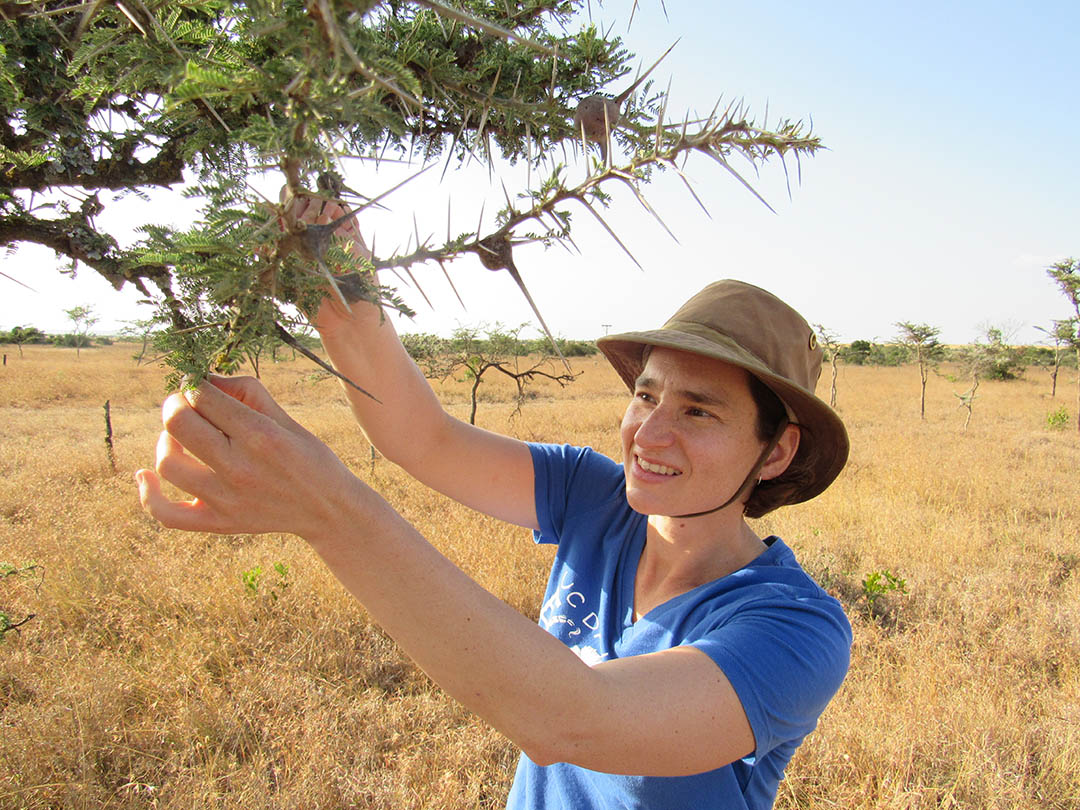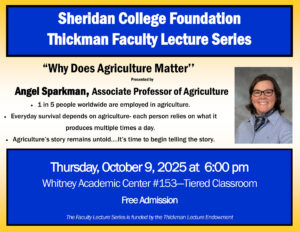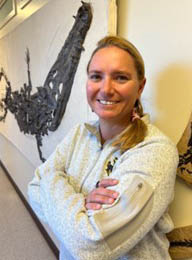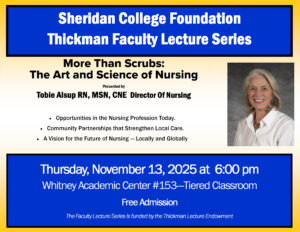
Science Museum Lecture Series: A Tale of Deception in an African Acacia Savanna

Join us Wednesday, Nov. 12 at 7 p.m. for this fascinating lecture by Corinna Riginos, Ph.D., Wyoming Director of Science for The Nature Conservancy.
Take note: Location is different for this one! It will be in the Edward A. Whitney Academic Center, Room 153.
Abstract:
This talk will share the fascinating story of several species of ants – some native, one invasive – and their rippling effects on trees, elephants, rhinos and even lions in a Kenyan savanna ecosystem. We may think of ants as diminutive and insignificant, but they are mighty. Across large areas of East Africa, the whistling thorn acacia tree has an intricately co-evolved relationship with several species of native ants. The trees give the ants a place to live and plenty of sugary nectar, and in return, the ants defend the trees from being eaten and knocked over by elephants and other large herbivores. This mutualism stabilizes the ecosystem, but all of this is upended when the invasive big-headed ant takes over, leaving the trees without their natural defenses. This talk will share the twists and turns of the acacia-ant story, and its conservation implications for some of the world’s most iconic large mammals, uncovered over more than 10 years of field observations and experiments.
Biosketch:
Corinna Riginos is the Wyoming Director of Science at The Nature Conservancy and Adjunct Associate Professor at the University of Wyoming. Corinna studied Environmental Science at Brown University and spent two years as a Fulbright Fellow in South Africa before getting her Ph.D. in Ecology from the University of California at Davis. She lived and worked in Kenya for eight years, spanning doctoral work and two postdoctoral fellowships, before moving to Wyoming full-time in 2013. In 2015, she was named an Early Career Fellow by the Ecological Society of America. While continuing her big-headed ant project in Kenya, she has built research and outreach in Wyoming focused on making roads more passable for big game to cross, managing invasive annual grasses, and other forms of restoring and managing the imperiled sagebrush ecosystem. Corinna lives in Lander with her two sons and partner.


